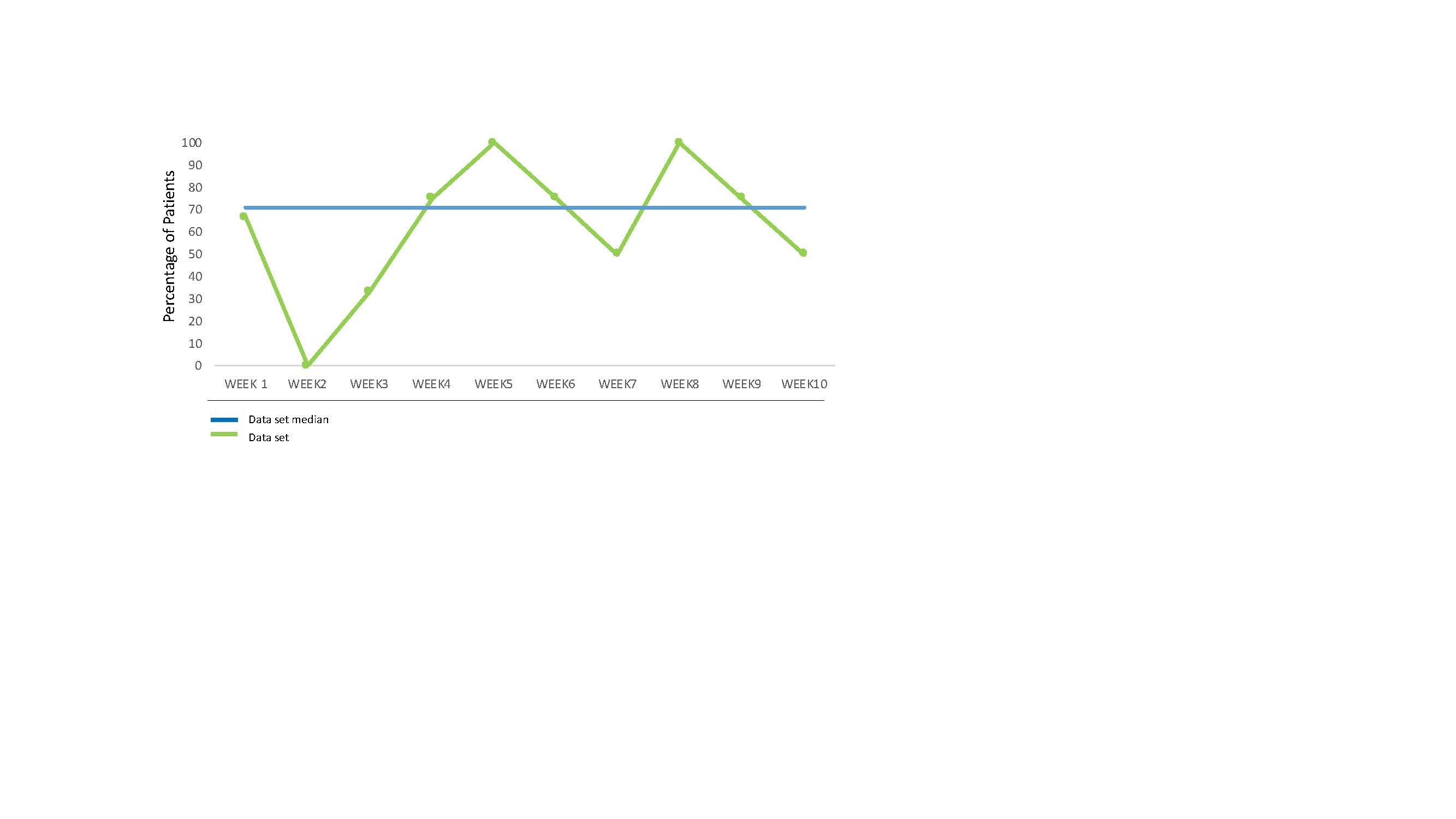Session Information
Session Type: Poster Session (Monday)
Session Time: 9:00AM-11:00AM
Background/Purpose: Patients with lupus have higher rates of cervical dysplasia and pre-malignant cervical lesions. At our institution, an urban referral center for patients with lupus, rates of HPV vaccination and cervical cancer screening were unknown. The aim of our quality improvement project was to determine the rate of HPV vaccination completion and cervical cancer screening compliance among the lupus patients seen in our institution as well as to implement a process to increase patient education and improve both rates within the outpatient rheumatology, nephrology and dermatology clinics over three months.
Methods:
Using administrative records, all patients with a diagnosis of lupus seen in the clinics over a 3-year period were identified, of whom 11.4% were male and 88.6% female. A chart review of 332 patients was performed by a single physician to determine the rate of HPV vaccination completion and the rate of compliance with cervical cancer screening. We implemented a system to flag providers through the electronic health record regarding streamlined access to vaccination and facilitating referral for screening exams. Patients were also provided educational brochures about their increased risk of developing cervical lesions, recommended screening and HPV vaccination guidelines. Three months after implementing these processes, we re-evaluated the rates of HPV vaccination and cervical cancer screening.
Results: Prior to the intervention, 41.6% of lupus patients had received HPV vaccination, which was 24.4% lower than the national average for the general population. Cervical cancer screening was 43.8% pre-intervention, which was 32.2% lower than the national average. After implementing the system to flag providers and increase patient education, we were able to improve these rates. Over three months, 71.8% of all patients seen in the clinics were provided education and 38.5% of eligible patients were appropriately referred to either their PCP or to Gynecology to complete cervical cancer screening. Post-intervention, the HPV vaccination rate increased from 41.6% to 58.3% and cervical cancer screening increased from 43.8% to 50%, both of which remained below the national average.
Conclusion: By raising awareness amongst providers in rheumatology, nephrology and dermatology and by implementing processes to facilitate HPV vaccination and cervical cancer screening, rates for both increased. However, rates are still below the national averages for the general population. Further work is needed to improve rates of cervical cancer screening and HPV vaccination in lupus, given the increased risk of cervical dysplasia.
To cite this abstract in AMA style:
Desai N, Menn-Josephy H, Bonegio R, Lam C, Kancharla A, York M. Improving Rates of Cervical Cancer Screening and HPV Vaccination in Patients with Lupus [abstract]. Arthritis Rheumatol. 2019; 71 (suppl 10). https://acrabstracts.org/abstract/improving-rates-of-cervical-cancer-screening-and-hpv-vaccination-in-patients-with-lupus/. Accessed .« Back to 2019 ACR/ARP Annual Meeting
ACR Meeting Abstracts - https://acrabstracts.org/abstract/improving-rates-of-cervical-cancer-screening-and-hpv-vaccination-in-patients-with-lupus/


